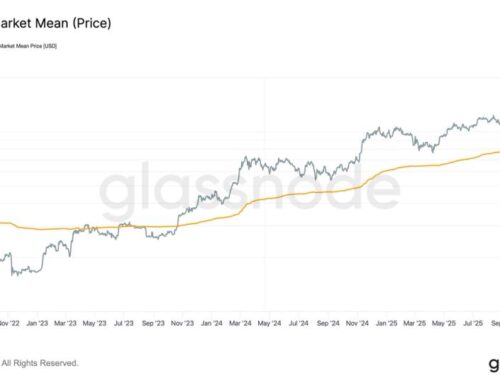France unveils long-awaited medical cannabis framework after years of delays
March 31, 2025
France submitted its blueprint for a fully regulated medical cannabis program to the European Union, a new breakthrough after a four-year experimental phase that began in 2021, according to Business of Cannabis.
The framework, which was delivered to EU authorities on March 19, comes amid political turmoil that has characterized French governance in recent months. Just weeks earlier, around 1,600 participants in the country’s medical cannabis experiment were preparing to discontinue their treatments after government instructions to find alternatives, the outlet reported.
The three documents sent to Brussels detail specific aspects of the legalization process. The first decree establishes the regulatory framework, while the other two flesh out technical details and enforceable standards for what industry watchers believe could become one of Europe’s largest medical cannabis markets.
This time around, the framework will permit cannabis flower – a move that significantly expands market opportunities. However, patients will be prohibited from smoking cannabis using traditional methods and must use CE-certified dry herb vaporization devices. All flower products must meet European pharmacopoeia standards and be presented as finished products.
The framework maintains cannabis as a treatment of last resort. Patients must demonstrate they’ve failed or cannot tolerate standard therapies before receiving prescriptions, which will only be available for specific conditions:
- Neuropathic pain
- Drug-resistant epilepsy
- Spasticity associated with multiple sclerosis and other central nervous system disorders
- Chemotherapy side effects
- Palliative care when symptoms remain unrelieved
Only specially trained physicians with certification will be allowed to prescribe these medications, with training programs to be developed after consultation with France’s health authority.
The Ministry of Health has also ensured continuity for patients in the experimental program, extending their access until at least March 31, 2026, by which time the new framework is expected to be fully implemented.
Product approvals will operate through “temporary use authorizations” overseen by France’s ANSM medical regulatory authority. These five-year authorizations can be renewed nine months before expiration, with ANSM given 210 days to respond to applications.
For companies considering domestic cultivation, the regulations require indoor growing facilities or greenhouses not visible to the public. Cultivators must secure contracts with authorized establishments before beginning operations.
Market growth is expected to be measured, with experts forecasting around 10,000 patients in the first year, potentially expanding to between 300,000-500,000 by 2035 – a more gradual development than Germany experienced.
“I think the immediate opportunity lies more in shipping finished products into France and having them packaged and quality-controlled locally, rather than fully processed or manufactured there,” Benjamin Alexandre-Jeanroy, CEO and co-founder of Paris-based consultancy Augur Associates, told Business of Cannabis.
The French market will offer three product categories – THC-dominant, balanced and CBD-dominant formulations – with no restrictions on specific strains or concentrations beyond the requirement that products be full-spectrum.
Search
RECENT PRESS RELEASES
Related Post




